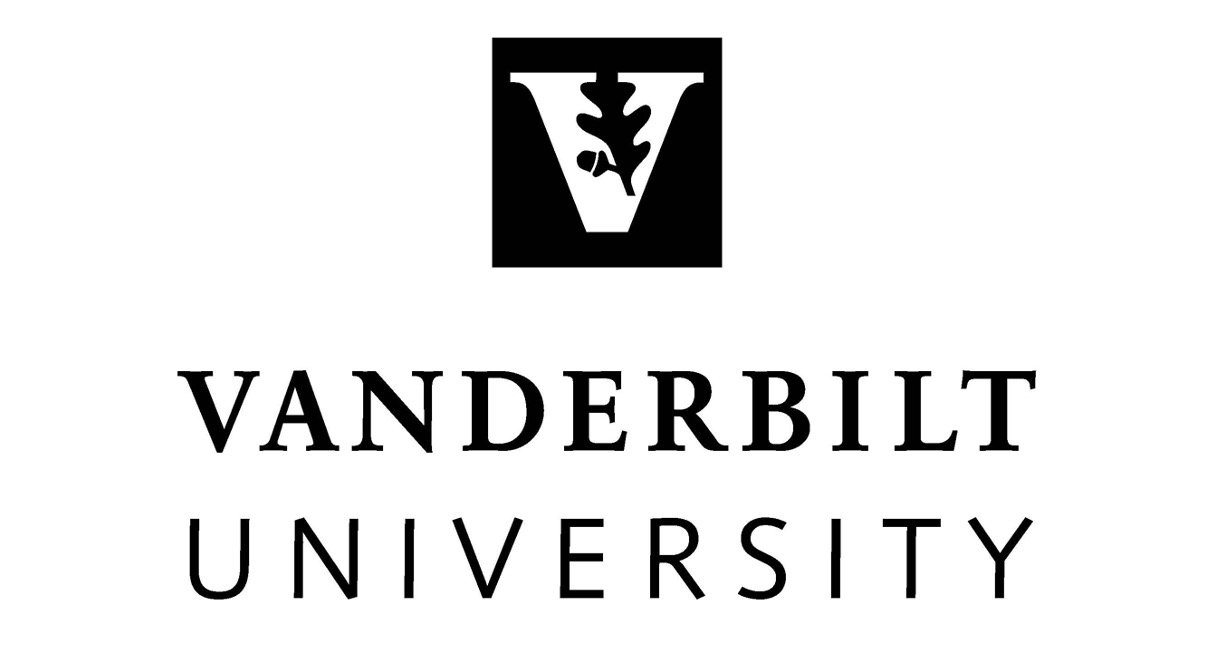About PhD Program,
In addition to offering an opportunity to study and contribute to the evolution of law as an academic field of study, the Ph.D. in Law program provides an excellent pathway to a career in legal scholarship and law teaching. Whether it is right for any individual candidate depends on a variety of factors. If you are trying to decide between the Ph.D. in Law program and a fellowship or a visiting assistant professorship (VAP), you should keep in mind a number of considerations, including that the Ph.D. in Law program is a three-year course of study beyond the J.D. and that it provides a more structured program—including coursework, qualifying exams, and close faculty supervision—than do most fellowships or VAPs. The Ph.D. in Law program requires coursework, a written and an oral comprehensive exam, a dissertation—which may take the form of a traditional monograph or three law review articles—and teaching experience. You should also consider the availability of appropriate mentors in different programs. At Yale Law School, you will have a three-member faculty committee advising you throughout your time in the Ph.D. program, and you will have an opportunity to work closely with a wide range of Yale faculty in your courses and in your research and writing. In addition, you will have the opportunity to engage fully in the intellectual life of Yale Law School and Yale University’s Graduate School of Arts and Sciences.
If you are trying to decide between the Ph.D. in Law and a Ph.D. in another discipline, many of the same considerations come into play. Please keep in mind that Ph.D. programs in economics, political science, history, and other fields train scholars to produce research responsive to the questions central to those disciplines. The scholarship produced by law faculties—and expected of candidates for teaching positions at law schools—is largely motivated by different sets of questions. While many students are able to apply their training in other disciplines to the study of law, a significant advantage of the Ph.D. in Law program is that it is designed specifically to prepare students for careers in legal scholarship, rather than in scholarship in another field. We should also stress that the Ph.D. in Law program welcomes applications from candidates with interdisciplinary research interests—significant advanced training in other disciplines as a part of the Ph.D. in Law program is encouraged, where appropriate.
PhD Program Degree Eligibility with GPA,
Applicants to the Ph.D. in Law program should know the area of law in which they would like to specialize and should be prepared to articulate that interest in a research proposal. Applicants’ research proposals, however, are not expected to be as refined as a dissertation prospectus, and it is anticipated that the nature of students’ projects and interests will evolve over their time in the program. Each student will have a faculty Advisory Committee, which will work with the student to develop the research project into a dissertation prospectus and, eventually, a dissertation—which may take the form of three significant, publishable articles that might appear in a leading law review, or a single, book-length manuscript.
Yale Law School has enjoyed tremendous success in helping its students secure law teaching positions. The Law School often places 25-40 of its graduates in tenure-track positions at law schools each year.
PhD Funding Coverage,
Ph.D. in Law candidates will receive a full-tuition fellowship and a living stipend at an amount set by the Graduate School, Yale Basic Health coverage, and a Health Award covering the cost of hospitalization and specialty coverage. Financial support is conditioned on the student’s making satisfactory academic progress. The Ph.D. in Law program is administered jointly by the Graduate School and the Law School. More information on financial aid and the cost of living in New Haven can be found on the Graduate School’s website.
Application Requirement,
- A statement of academic purpose. You will find the prompt for the statement of purpose in our Application Question FAQs.
- A list of all the prior colleges or universities you have attended, accompanied by unofficial transcripts from each school. Unofficial transcripts should be uploaded with your application. Official or paper transcripts are not needed at this time.
- Three letters of recommendation. Enter the names of your recommenders directly in the application and they will receive a link to upload a letter on your behalf.
- $105 application fee or fee waiver.
- Standardized tests. GRE requirements vary by program. TOEFL or IELTS are necessary for most non-native English speakers.
- Resume/CV.
- Some programs have additional requirements, such as a writing sample. You can find information about any specific requirements on the program’s website.
Application Deadline,
Dec 15, 2024
Application Fee,

